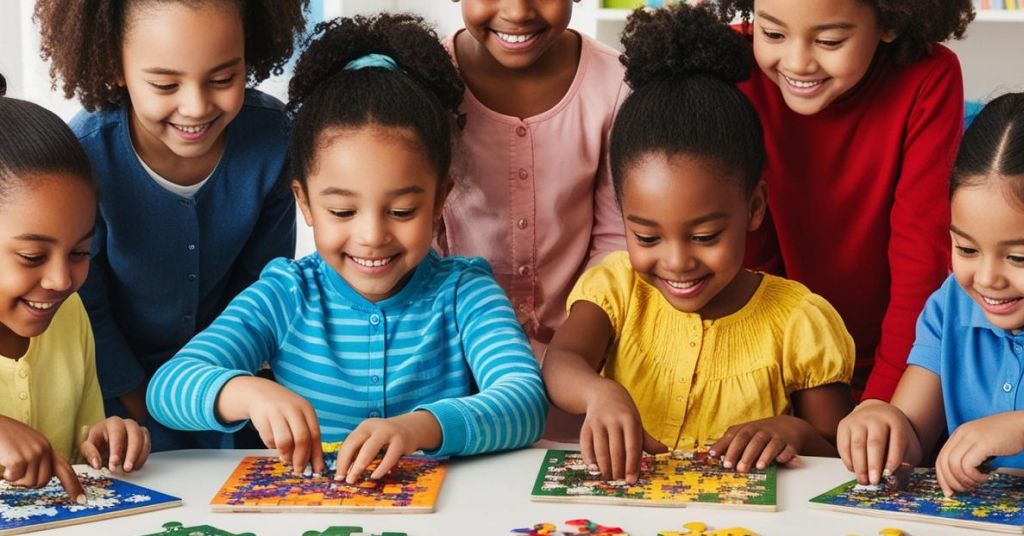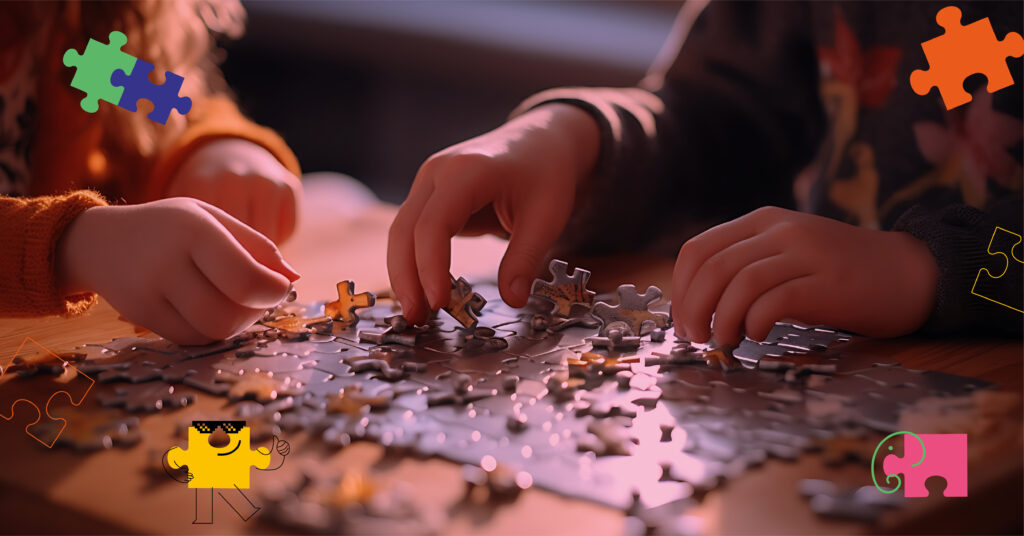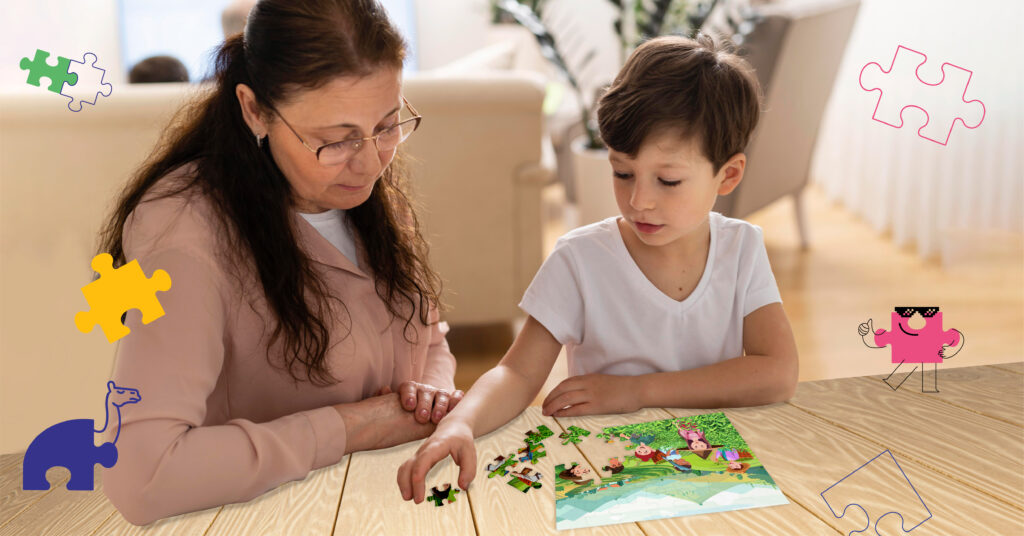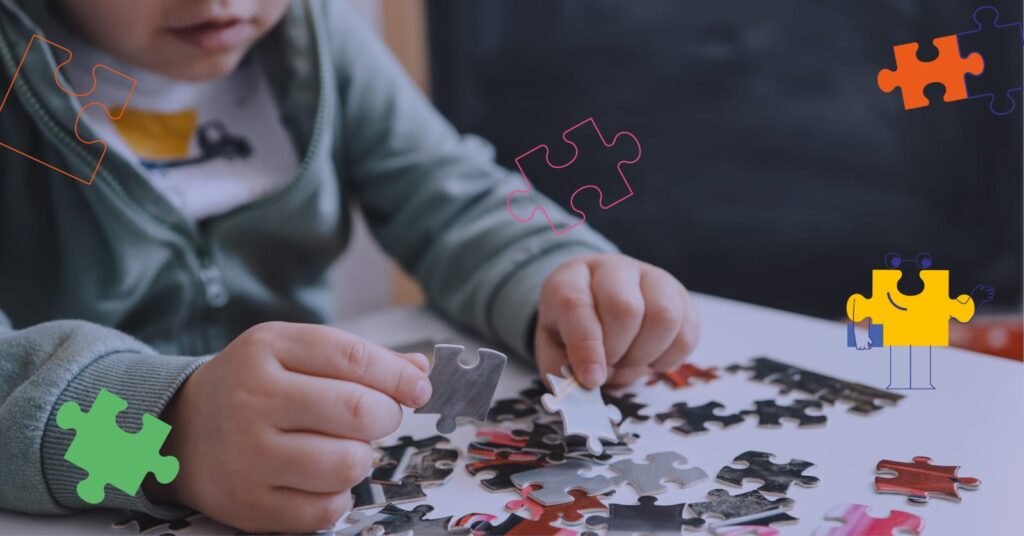Emotional intelligence (EQ) is a crucial skill that helps children understand and manage their emotions, develop empathy, and build strong relationships. It plays a vital role in their social, academic, and personal growth. While traditional learning methods focus on IQ, nurturing EQ through interactive play is just as important. One of the best ways to develop emotional intelligence is through puzzles. These activities teach patience, resilience, teamwork, and problem-solving skills, all of which contribute to a child’s emotional and social development. Whether working independently or in a group, puzzles help kids regulate emotions, cope with frustration, and develop confidence.
How Puzzles Help Develop Emotional Intelligence
1. Encouraging Patience & Persistence
Puzzles require children to stay focused and work through challenges, teaching them the value of patience and perseverance. When a child struggles with a tricky piece, they learn to manage frustration instead of giving up.
2. Problem-Solving & Decision-Making
Completing a puzzle involves trial and error, helping kids develop critical thinking and decision-making skills. They learn to stay calm under pressure, analyze patterns, and strategize, which are essential life skills.
3. Building Social Skills Through Group Play
Puzzles offer a great opportunity for collaborative learning. When kids work together, they develop communication skills, teamwork, and empathy. They learn to share ideas, take turns, and support each other, strengthening their social connections.
4. Boosting Confidence & Self-Esteem
Solving a puzzle gives children a sense of accomplishment, reinforcing their self-confidence. The ability to overcome challenges independently fosters a growth mindset, encouraging kids to embrace learning with a positive attitude.
Best Types of Puzzles for Emotional Development
- Jigsaw Puzzles – Helps children stay calm, focused, and improve patience.
- Cooperative Puzzles & Board Games – Encourages teamwork, turn-taking, and social interaction.
- Story-Based Puzzles – Enhances emotional storytelling, helping children understand feelings and empathy.
Also Read: Different Types of 3D Puzzles and Their Benefits for Kids
Tips for Parents & Educators
- Encourage trial and error – Let children struggle a little before offering help to build resilience.
- Praise effort over results – Focus on the learning process rather than just completion.
- Use puzzles for emotional regulation – Teach deep breathing or mindfulness during puzzle-solving.
Puzzle games are more than just fun—they are powerful tools for emotional development. They teach children patience, resilience, teamwork, and problem-solving, all of which contribute to a strong emotional foundation. By integrating puzzles into daily playtime, parents can help their children build confidence, social skills, and emotional intelligence that will benefit them for a lifetime.
Want to boost your child’s EQ? Start incorporating puzzles into their daily routine and watch them grow into emotionally intelligent and confident individuals!
To Buy the Best Puzzle Games & Educational Toys for your Child, check out our collection.



